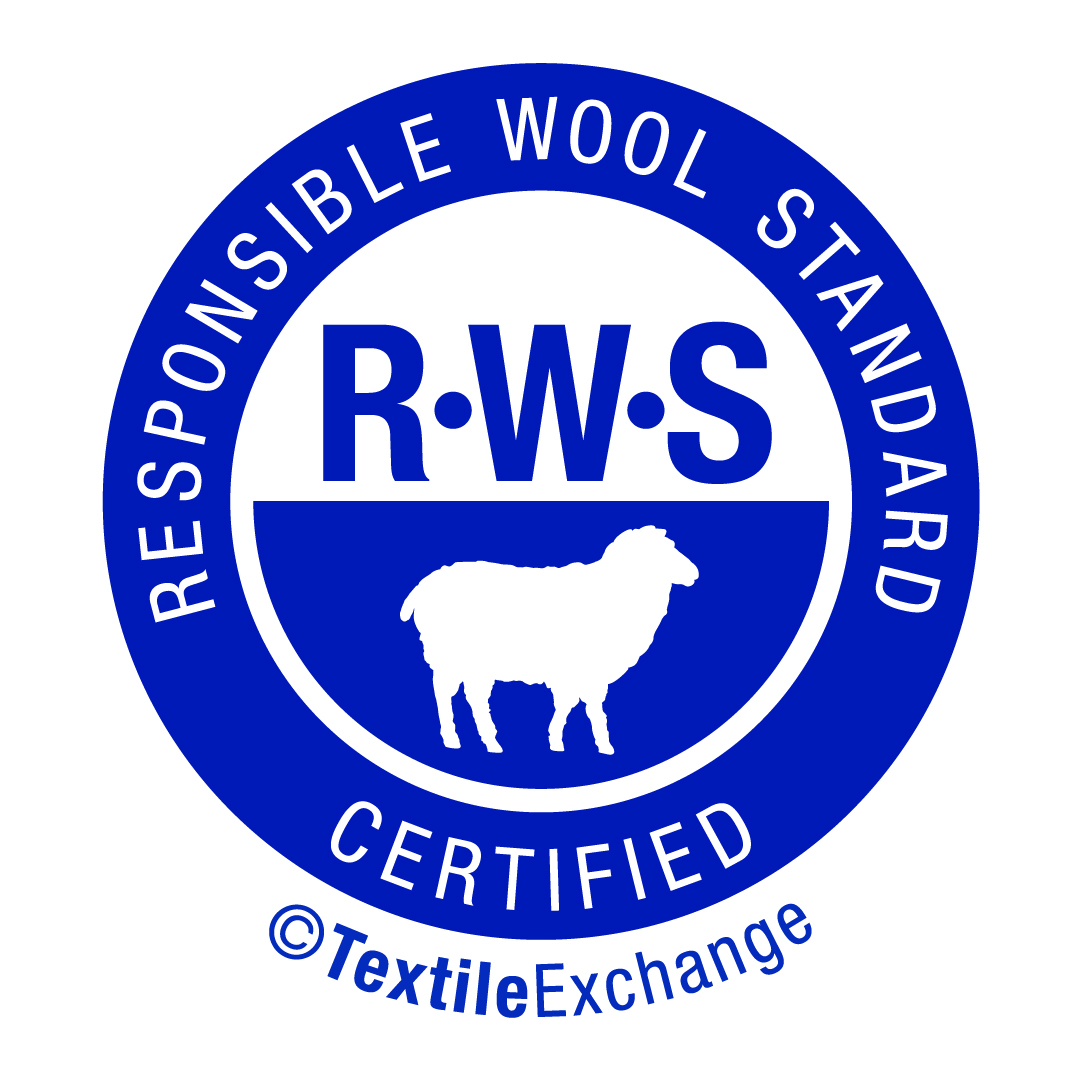
The RWS is a voluntary global standard that addresses the welfare of sheep and of the land they graze on. The RWS provides verification of the practices that are happening at farm level, giving brands a clear solution that will allow them to make claims about their wool sourcing with confidence. The standard was developed by an international working group through an open and transparent process.
fonte: Control Union
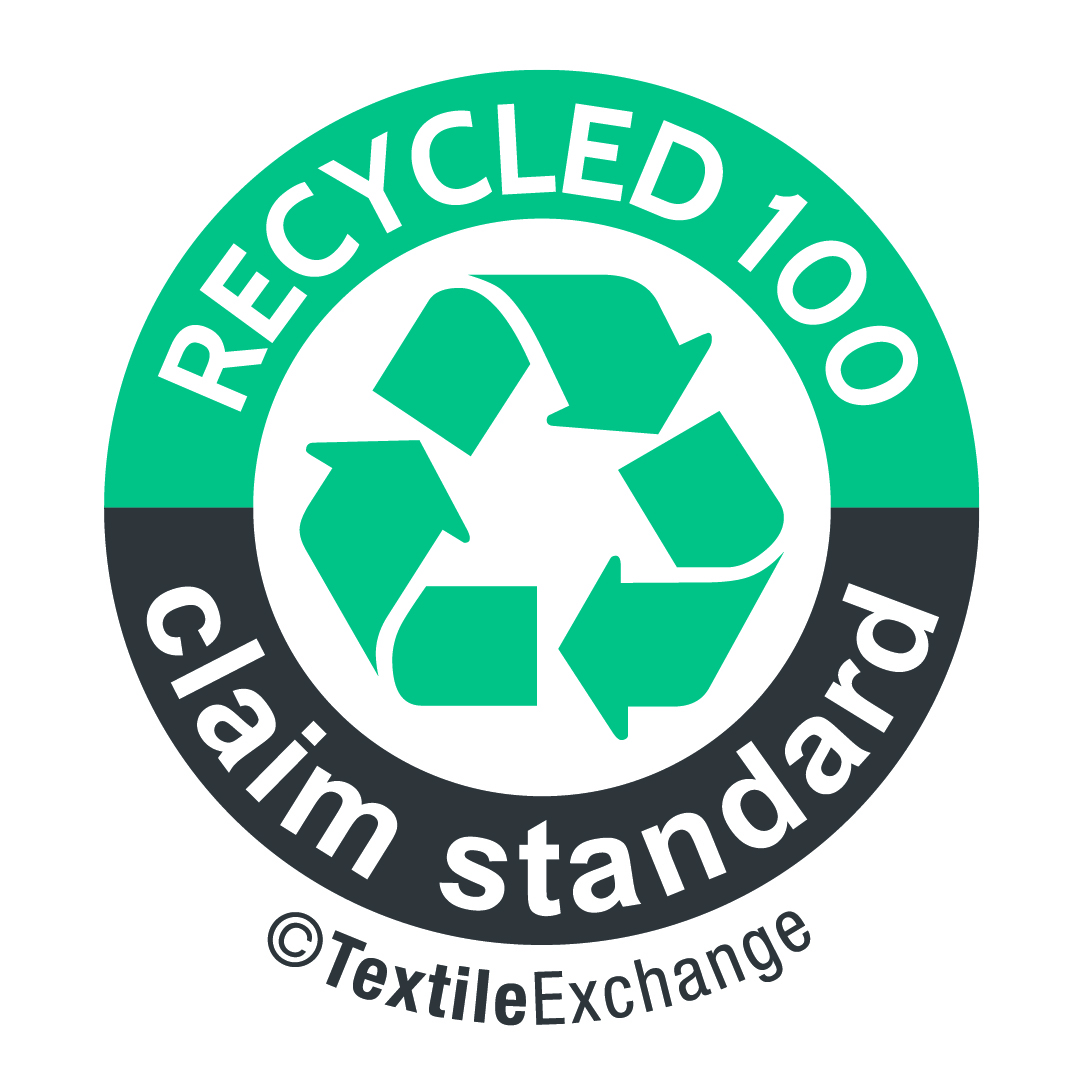
The RCS verifies the presence and amount of recycled material in a final product. This happens through input and chain-of-custody verification from a third party. It allows for the transparent, consistent and comprehensive independent evaluation and verification of recycled material content claims on products. RCS can be used as a business-to-business tool to give companies the means to ensure that they are selling quality products and getting what they pay for. It is also used as a way to ensure accurate and honest communication with consumers. This includes companies in ginning, spinning, weaving and knitting, dyeing and printing and stitching.
fonte: Control Union
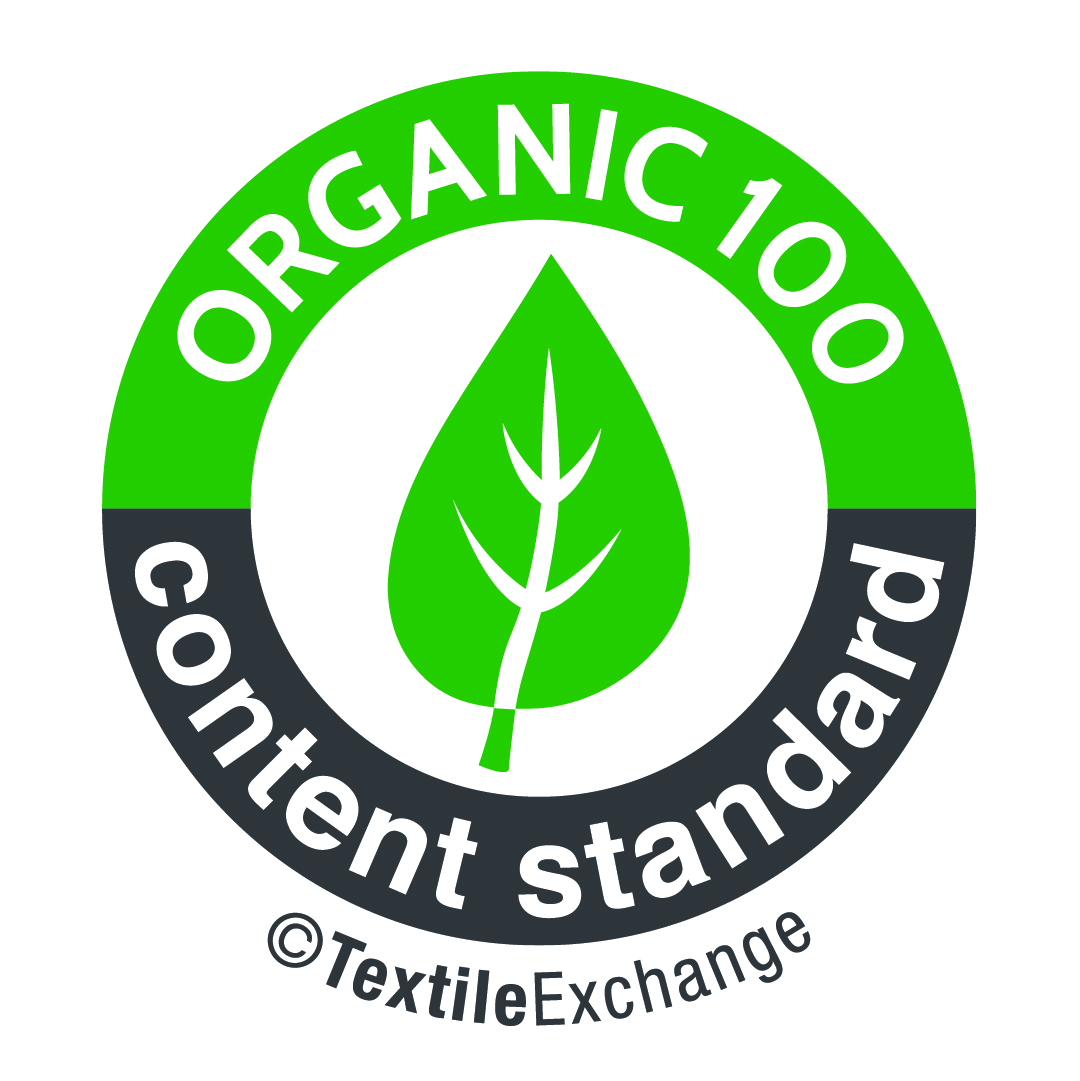
The Organic Content Standard (OCS) applies to any non-food product containing 95-100 percent organic material. It verifies the presence and amount of organic material in a final product and tracks the flow of the raw material from its source to the final product.
The OCS 100 relies on third-party verification to confirm whether a final product contains the accurate amount of a given organically grown material. OCS allows for transparent, consistent and comprehensive independent evaluation and verification of organic material content claims on products. OCS 100 covers the processing, manufacturing, packaging, labelling, trading and distribution of a product that contains at least 95 percent certified ‘organic’ materials.
fonte: Control Union
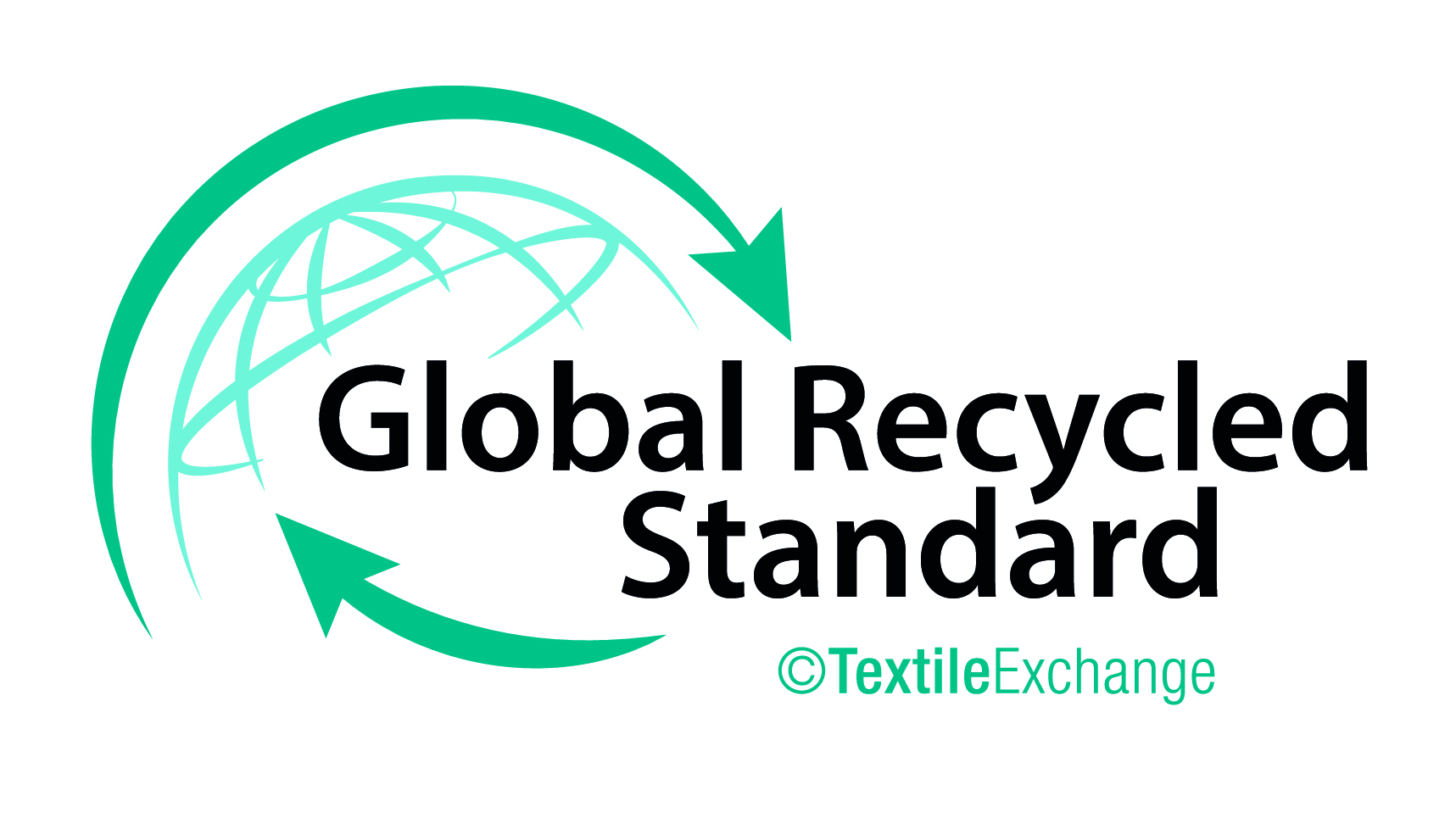
The Global Recycle Standard (GRS) was originally developed by Control Union Certifications in 2008 and ownership was passed to the Textile Exchange on 1 January 2011. The GRS is an international, voluntary, full product standard that sets requirements for third-party certification of recycled content, chain of custody, social and environmental practices and chemical restrictions. The GRS is intended to meet the needs of companies looking to verify the recycled content of their products (both finished and intermediate) and to verify responsible social, environmental and chemical practices in their production.
fonte: Control Union

The Global Organic Textile Standard (GOTS) is an internationally recognised organic textile standard. Since its introduction in 2006, GOTS has demonstrated its practical feasibility and is supported by the growth in consumption of organic fibres and the demand for a unified processing criteria from the industry and retail sectors.
GOTS ensures the organic status of textiles from the harvesting of the raw materials through environmentally and socially responsible manufacturing all the way to labelling, in order to provide credible assurances to the consumer. The standard covers the processing, manufacturing, packaging, labelling, trading and distribution of all textiles made from at least 70 percent certified organic natural fibres. The final fibre products may include, but are not limited to, yarns, fabrics, clothes and home textiles. However, this standard does not set criteria for leather products.
fonte: Control Union
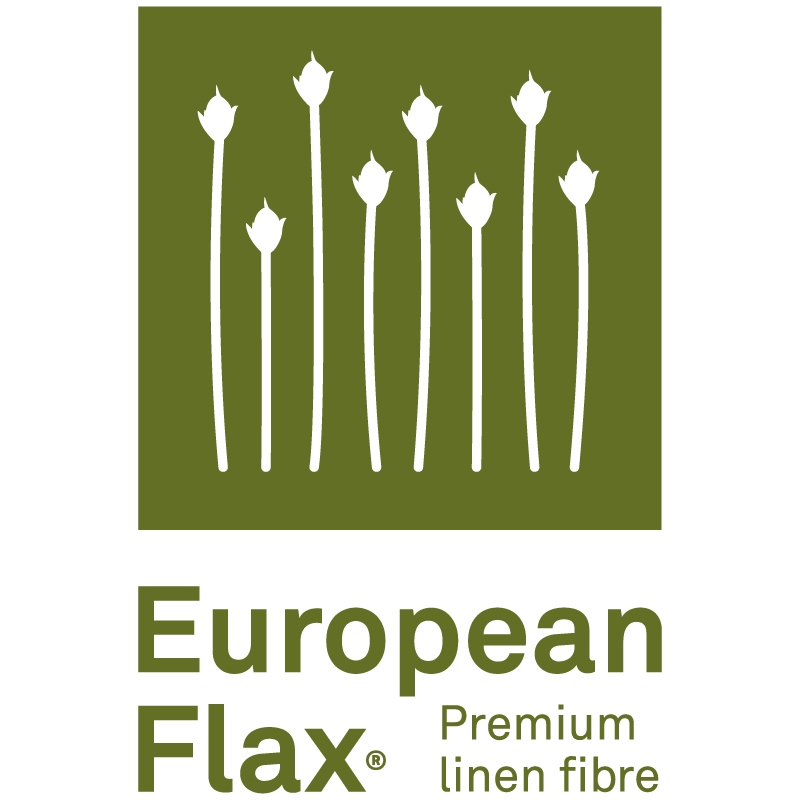
EUROPEAN FLAX® is the qualitative visa of premium European linen fibre for all applications. It preserves, highlights and safeguards a uniquely European agriculture and industry, its regional origins and its inherent non-relocatable know-how. An ambitious global label that aims to be recognized by the final consumer.
Font: European Lax
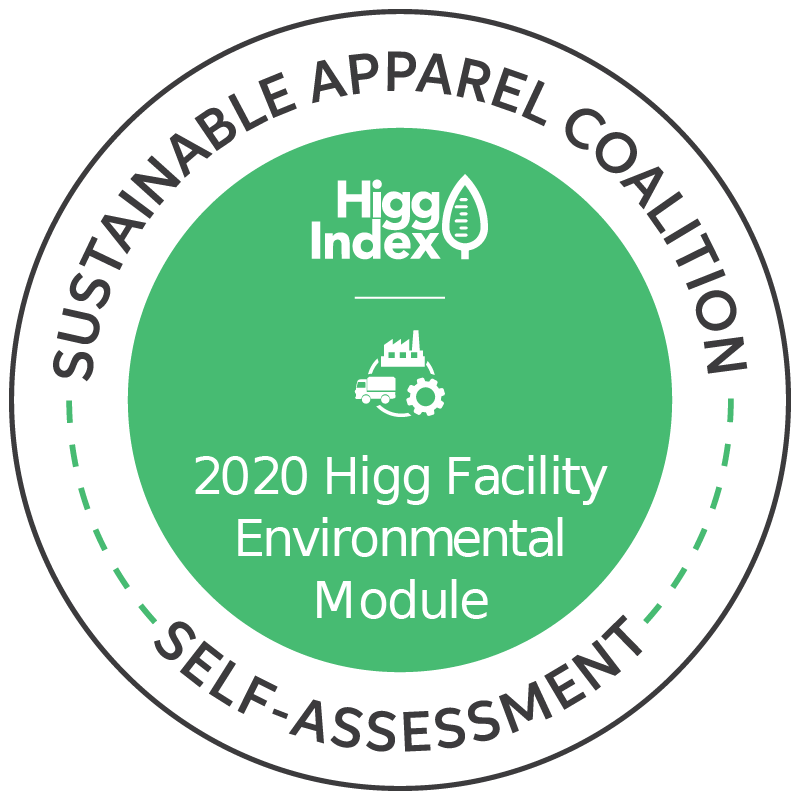
The Higg Index is a suite of tools for the standardized measurement of value chain sustainability, and it is central to the SAC’s mission to transform businesses for exponential impact.It is comprised of a core set of five tools that together assess the social and environmental performance of the value chain and the environmental impacts of products, including the Higg Facility Environmental Module (FEM), Higg Facility Social & Labor Module (FSLM), Higg Brand & Retail Module (BRM), Higg Materials Sustainability Index (MSI), and
Higg Product Module (PM). Across topics such as water use, carbon emissions, and labor conditions, consumer goods brands, retailers, manufacturers, governments, NGOs, and consumers can use the Higg Index to inform their individual sustainability strategies and drive collective industry transformation.
Fonte: Sustainable Apparel Coalition
© CBI - Industria de vestuário S.A. 2026
Este website utiliza cookies para melhorar a sua experiência de utilização. Leia a nossa Política de Privacidade